Social Anthropology is introducing the multicultural culture of the island of Bali to Norwegian students.
One of
the annual programs of the Social Anthropology Study Program in collaboration
with Go Study has just wrapped up. It was called Social Anthropology 2024. This
program is made up of lectures for foreign students, with nine students from
Norway expected to attend in 2024. The lecture will introduce the science of
anthropology and also the culture of the people of the island of Bali. Some of
the best lecturers in the field, including Prof. Drs. I Made Suastra, Ph.D.,
Prof. Dr. A A. Ngr. Anom Kumbara, M.A., Prof. Dr. I Made Netra, S.S., M.Hum.,
Prof. Dr. I Nyoman Darma Putra, M.Litt., Dr. Purwadi Soeriadiredja, M.Hum., and
Dr. I Made Bayu Ariwangsa, S.S., M.Par., M.Rech will be teaching the lectures.
As
part of the Social Anthropology event, students have the chance to take part in
a field trip, which is a practical assignment designed to help them get to
grips with anthropology field methods. The field trip was a two-day event from
May 2nd to May 3rd, 2024. We chose two villages, Penglipuran and Pegayaman, for
the field trip. There was also a session on the history of Buleleng, the city
where they were staying. During the 9th Field Trip event, the 9 Norwegian
students who were also accompanied by 5 Cultural Anthropology students from
Udayana University, apart from making observations, also interacted with the
local community. This shows how an anthropologist goes about gathering field
data.
One of
the best things about social anthropology activities is that they not only
provide classroom material, but also field experience. The field trip put
together by the Social Anthropology committee isn't just for tourists. It also
invites participants to become researchers. So that participants can get to
know the community and conduct interviews in a relaxed, informal setting. This
program also gives you a good idea of the culture of the island of Bali, which
is very multicultural. You can see this in the locations of Penglipuran
Village, which represents Hindu culture, and Pegayaman village, which
represents Islamic culture in Bali. We’re really hoping this program will be a
great experience for the nine Norwegian female students, and that they’ll have
lots of interesting stories to share when they get back home. (drd)
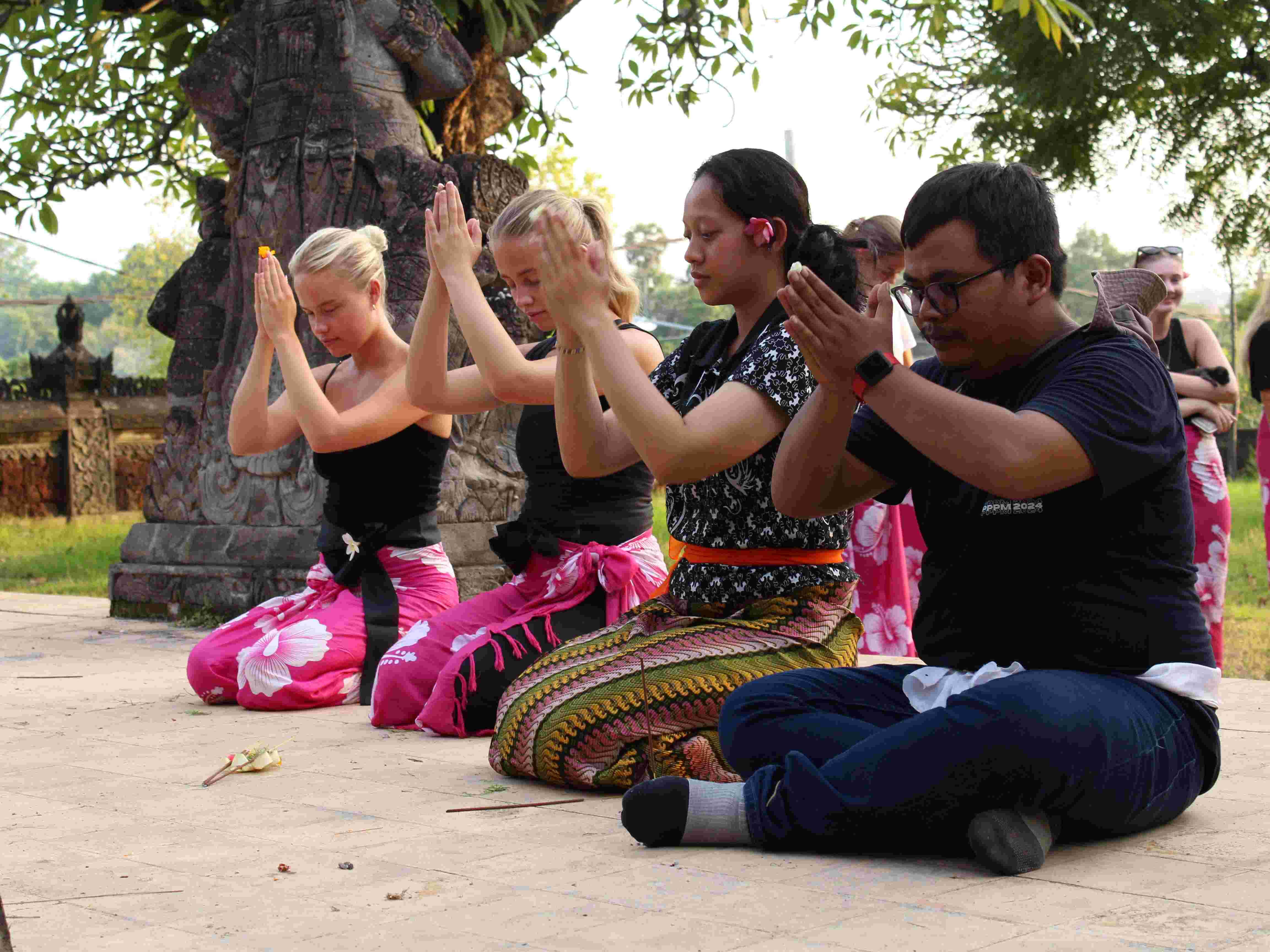
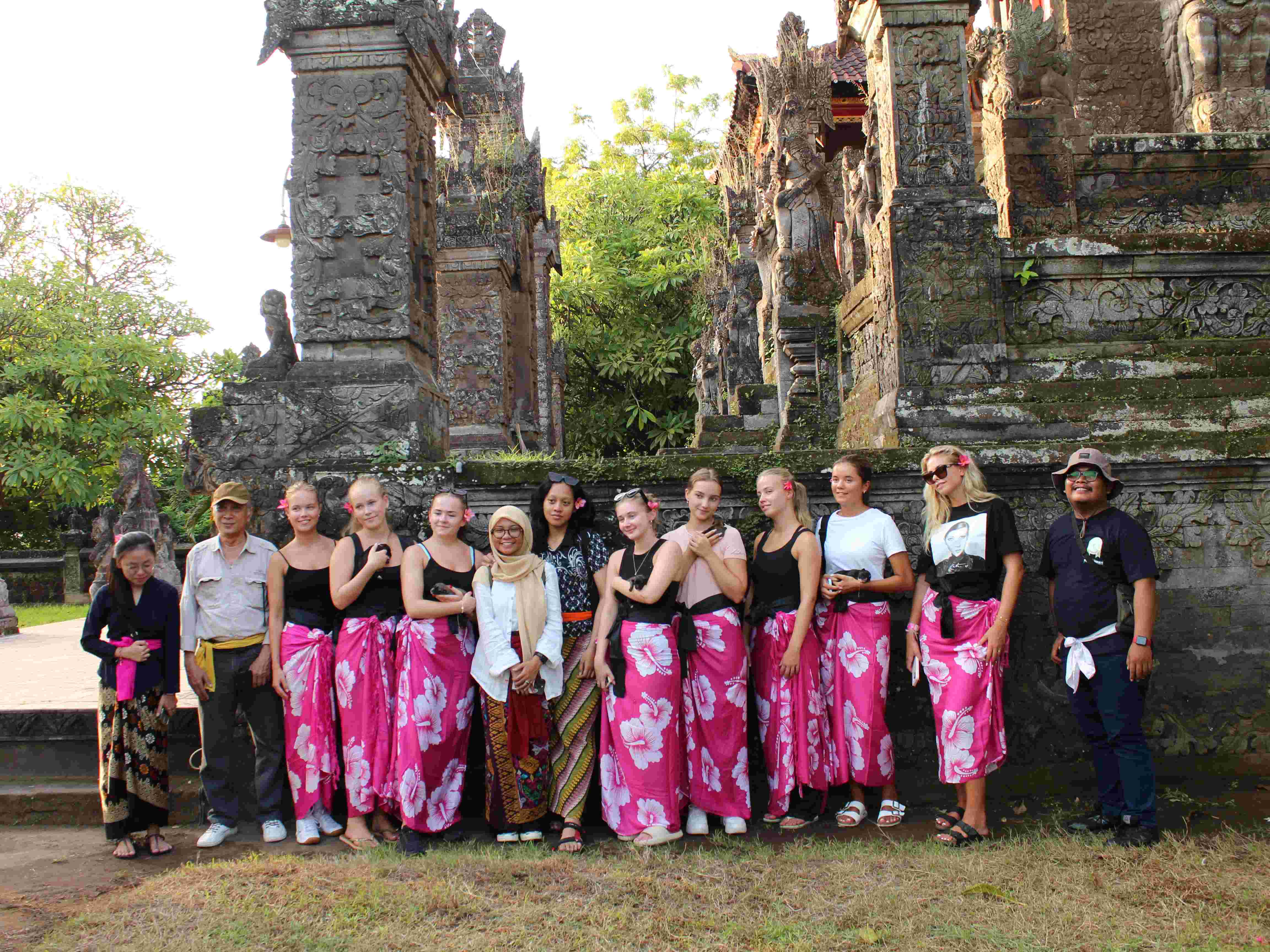
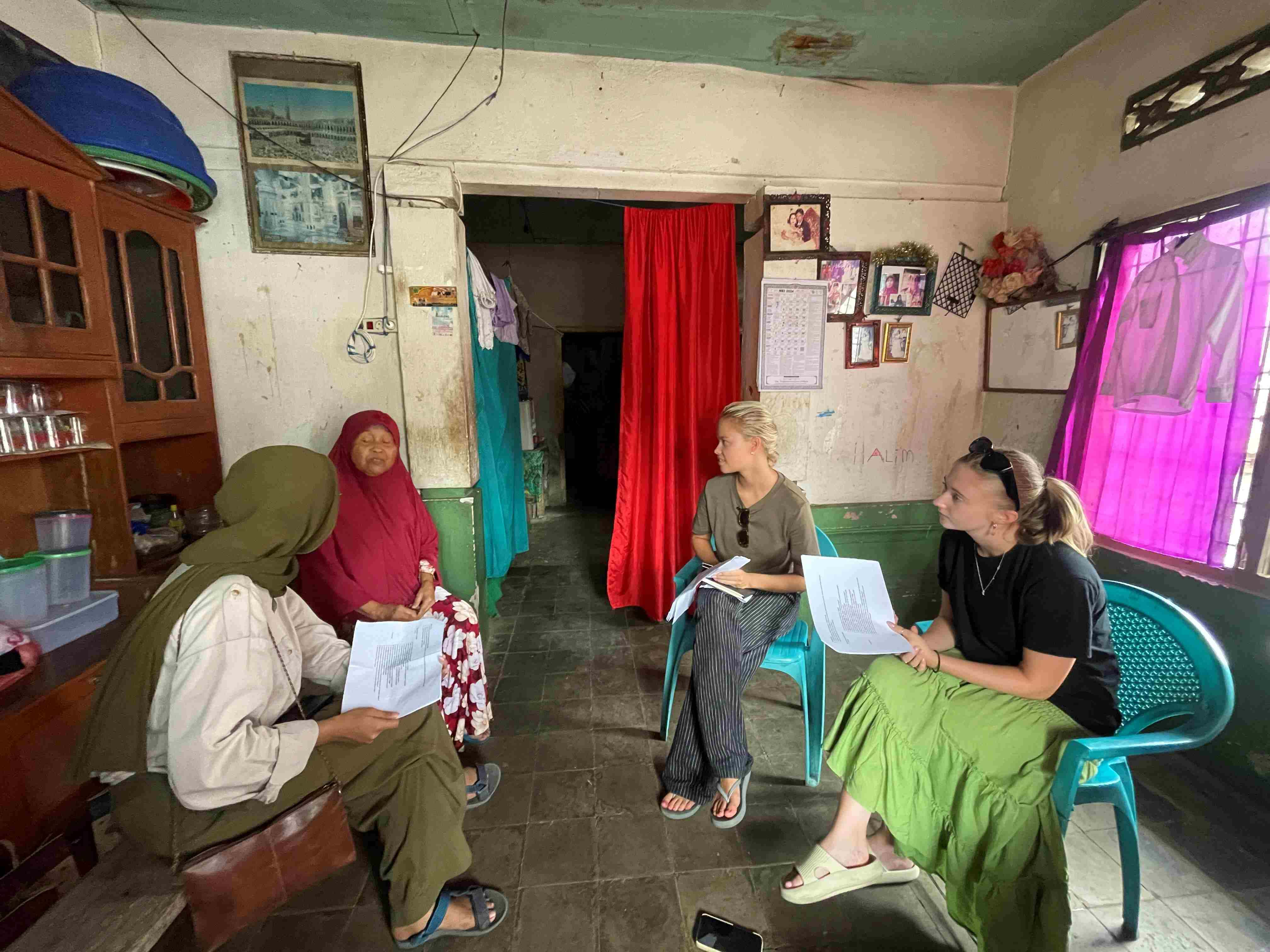
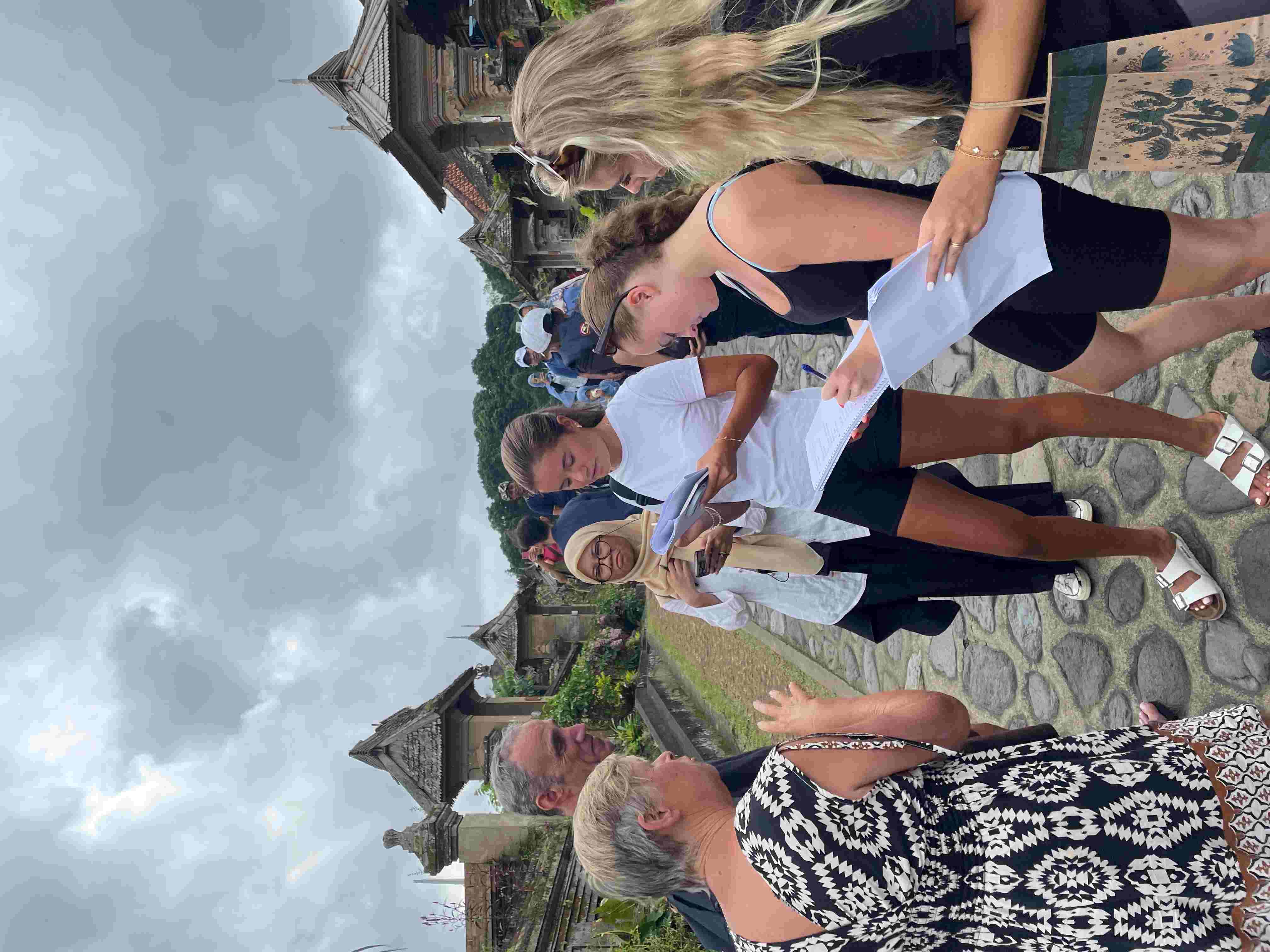
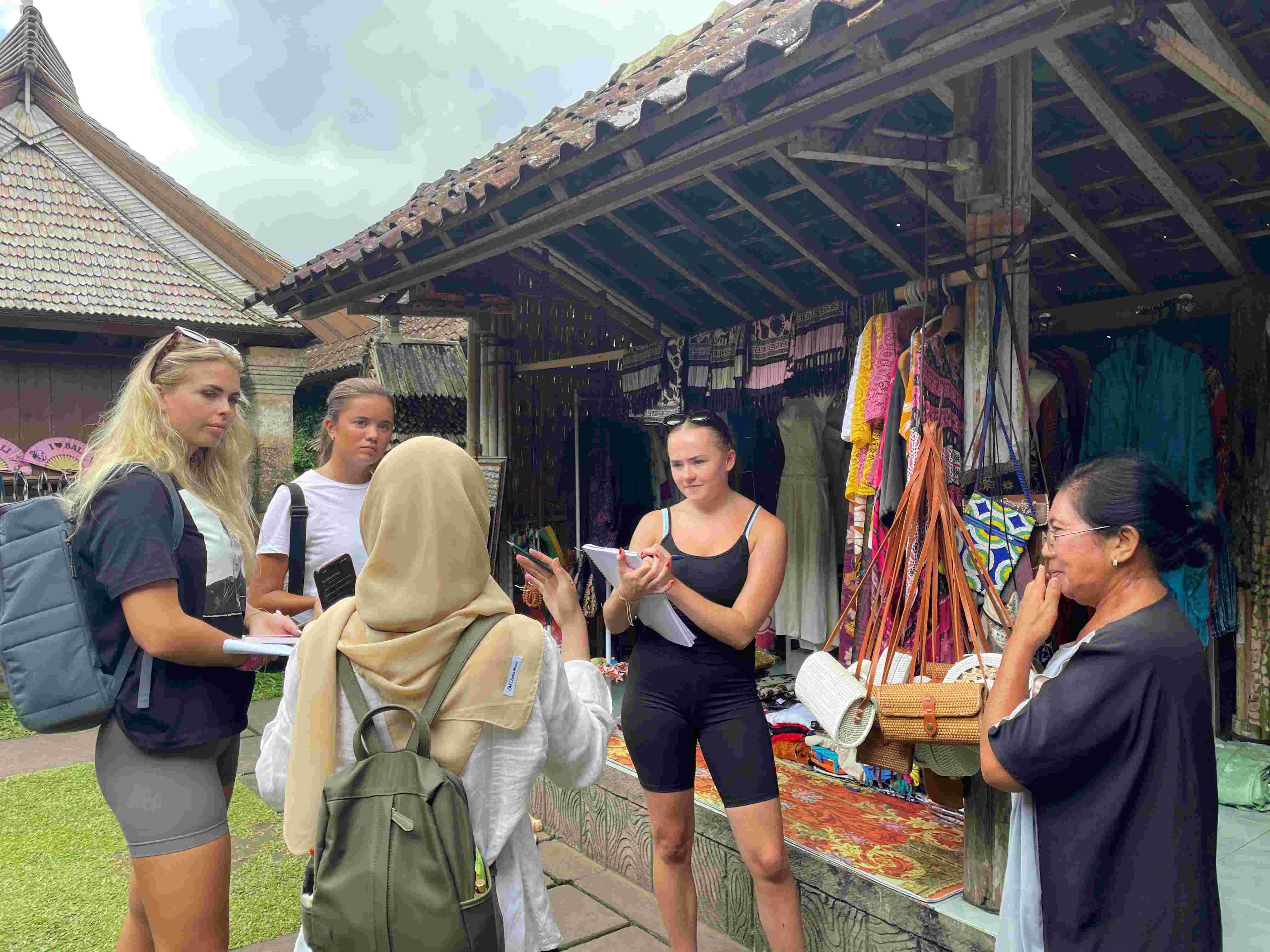
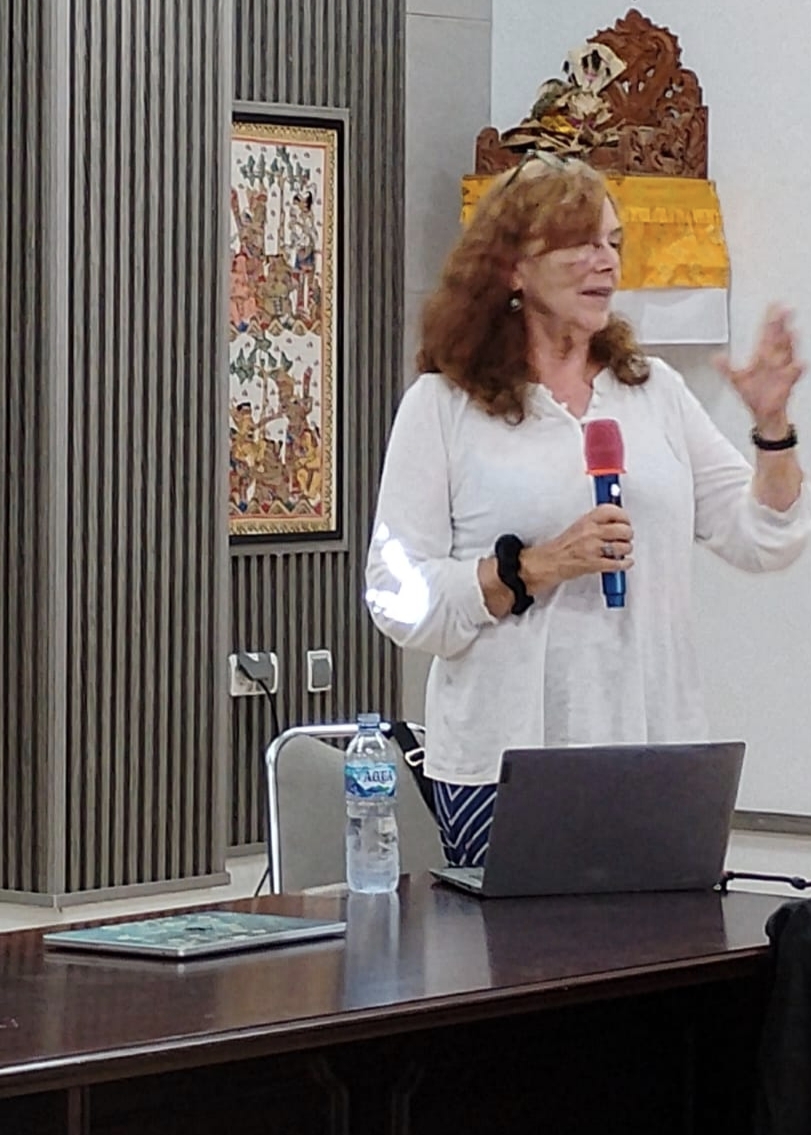
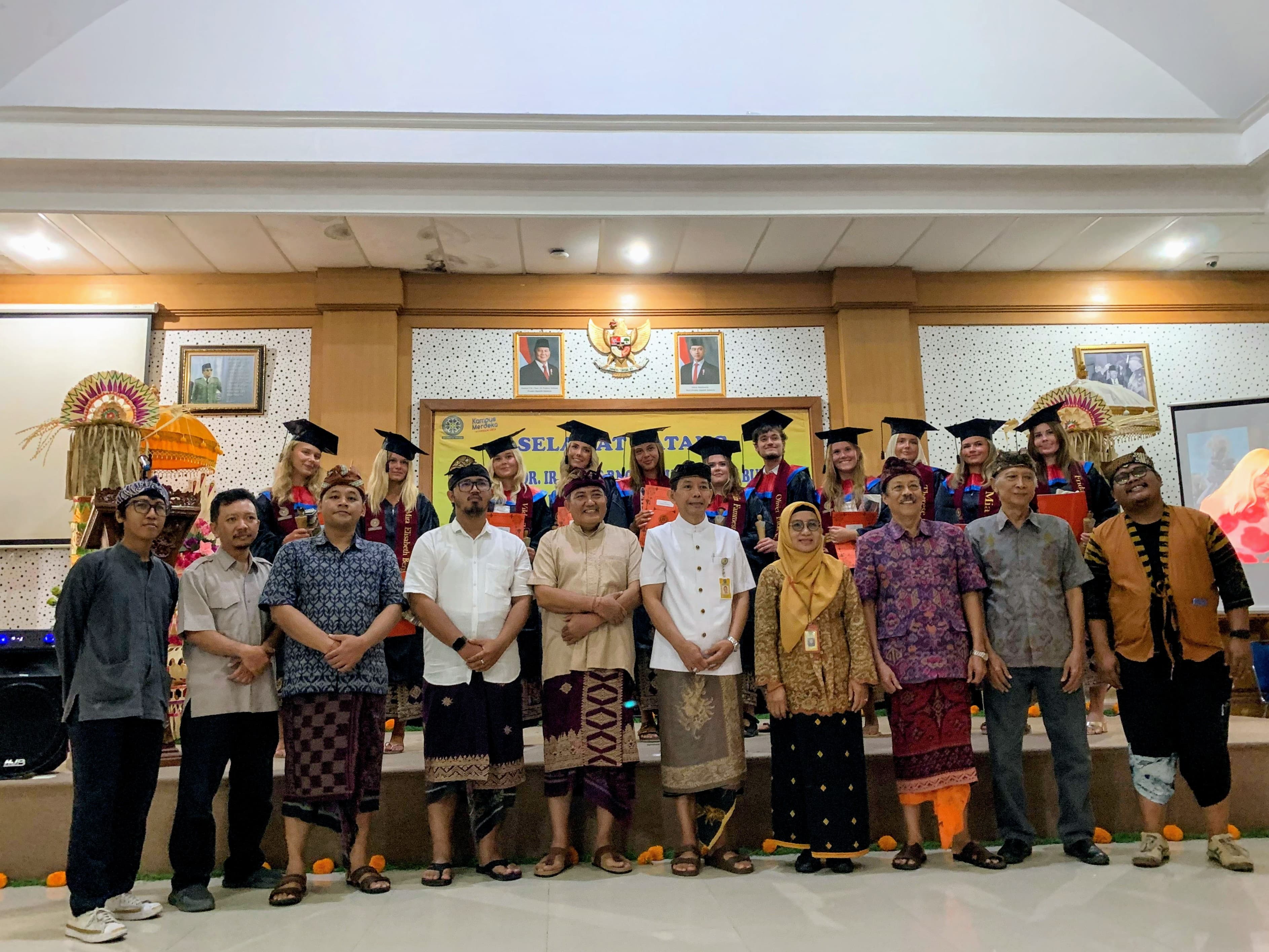
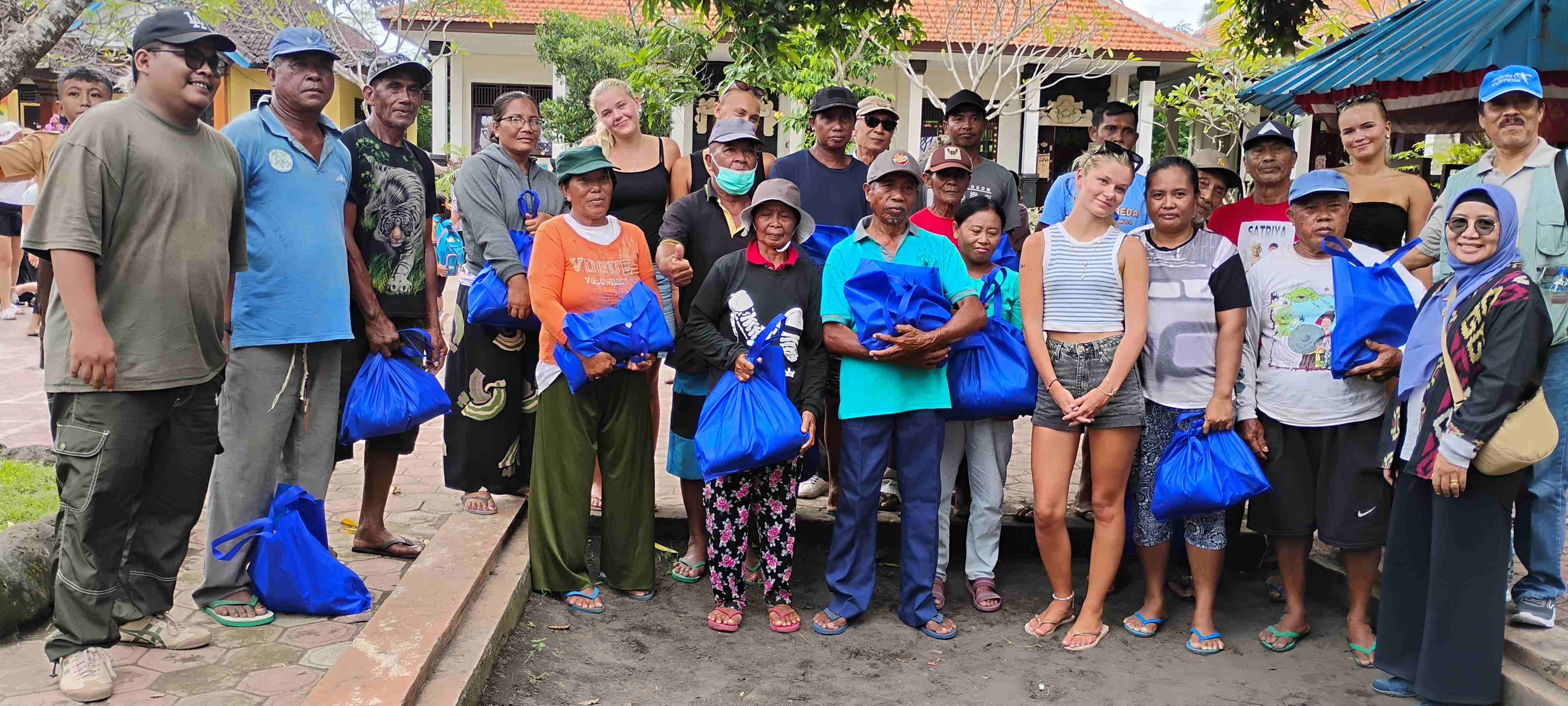
FACULTY OF HUMANITIES